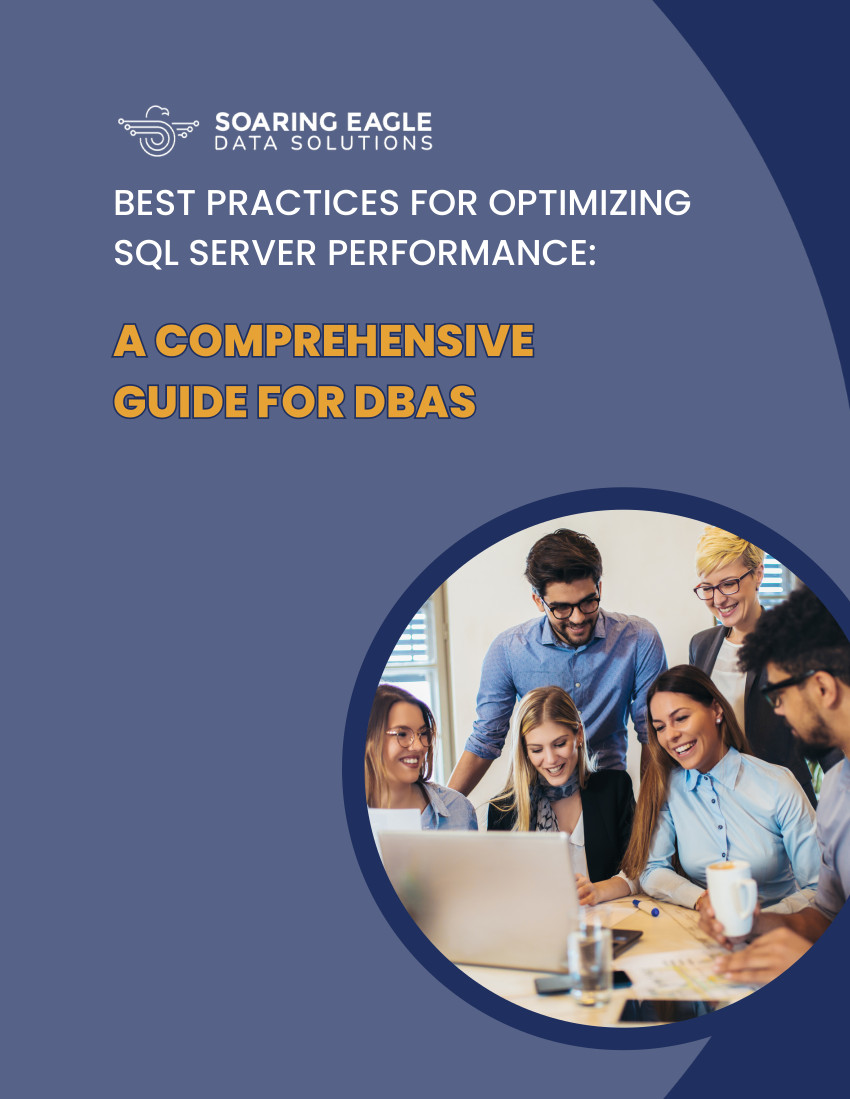
Terms that were unheard of a few years ago, such as data breach, cybersecurity, and infosec, are now common currency. Unfortunately, incidents in which sensitive and confidential data has been accessed are brecoming all too common.
There is no formula to prevent a data breach. The most reasonable means for preventing data breaches involve conducting ongoing vulnerability testing, applying proven malware protection, using strong passwords, and consistently implementing the necessary software patches on all systems.
Even though these steps will help prevent intrusions into an environment, data breaches can happen. Knowing what to do after a data breach is as important as to try to prevent it in the first place.
4 Things to do After You've Been Breached
1. Assess the Damage
The first thing you have to do is to figure out what happened, what information was accessed,
and what systems were compromised. Assess and establish the scope of the breach to understand how to solve it.
It’s important to determine the root cause: How did it happen? Did someone use an insecure password? Was a system not patched for a specific vulnerability? Did someone use an unauthorized computer in the company’s network?
If your organization is being targeted, it's not uncommon for multiple groups to attack without awareness of one another. This could include attacking directly, via supply chain, partners, subsidiaries, or contracted help.
2. Be Upfront With Customers
A data breach can tarnish your company's reputation. As embarrassing as may seem, you have to communicate personally with your customers and let them know you will do everything at your reach to avoid this from happening again. It is the first step to protect your good name and rebuild customer confidence.
Most states have passed mandatory data breach notification laws that define when and how you must get in touch with customers affected by a breach. Be sure you follow the applicable laws in your state.
3. Implement and Enforce Policies
Your employees need to understand how important it is to protect data, especially in this bring-your-own-device era. Ask your IT department to install anti-malware in all devices, from laptops to mobile phones. Emphasize the importance of reporting the loss of inadequately protected or unencrypted data. The sooner your employees are aware of such incidents, the sooner you can deal with the situation. Employees must understand that not reporting a breach in time will put everyone involved in danger, including them, their data, and ultimately, the entire company.
4. Work On Preventing The Next Breach
After you've addressed any vulnerabilities, focus on efforts to minimize the risk of a reoccurrence. Take into account all the elements that can improve your company's chances in the future and implement them as needed.
- Use improved authentication methods (such as 2-factor authentication, which is highly recommended) where required.
- Implement smart encryption and security policies and enforce them.
- Add a firewall to prevent intruders from obtaining your data.
- Perform regular vulnerability evaluations.
- Educate your employees on their role in protecting sensitive data.
- Always remember to back up your data to a remote location.
A data breach can lead to huge costs for a small business – both direct and indirect. These are costs you may be unable to manage on your own and still keep your doors open. Take the opportunity to explore your cyber liability insurance options and be better prepared to tackle this emerging threat.
Contact Soaring Eagle Consulting for a Free Database Evaluation Today
Getting started is simple. Click the button below to request your free one-hour database assessment from the DBA experts at Soaring Eagle Consulting®.



